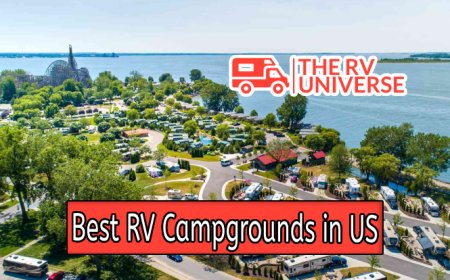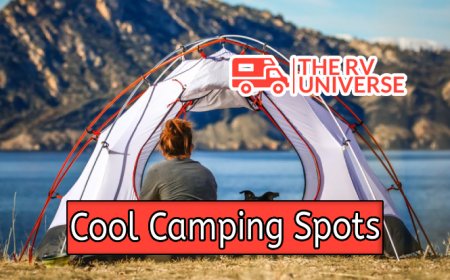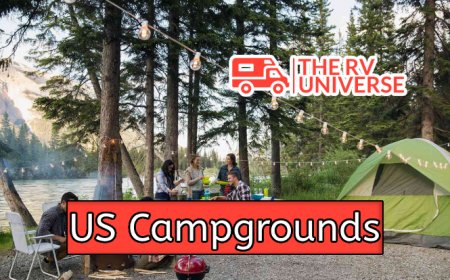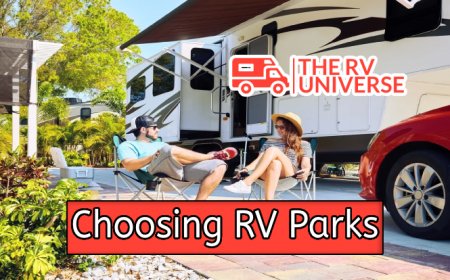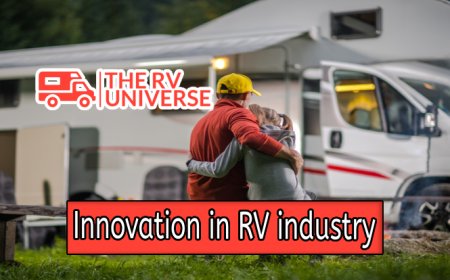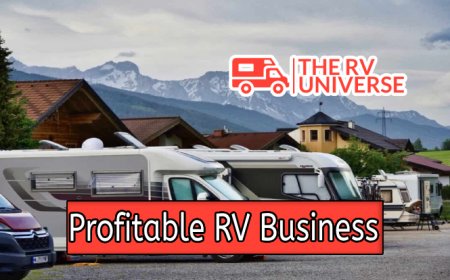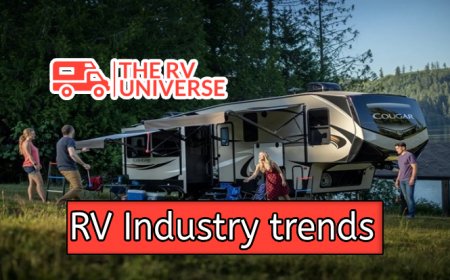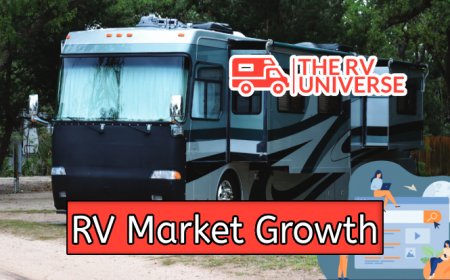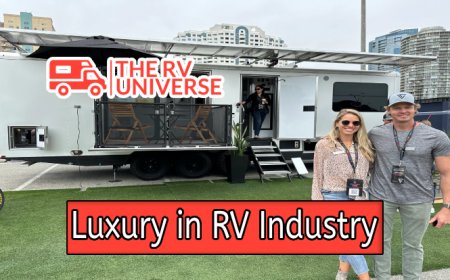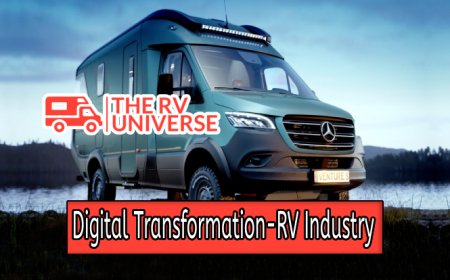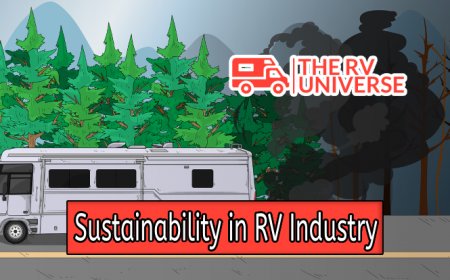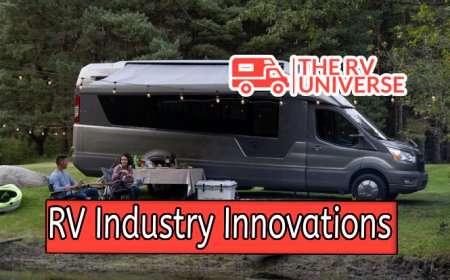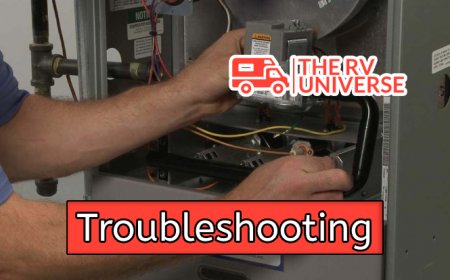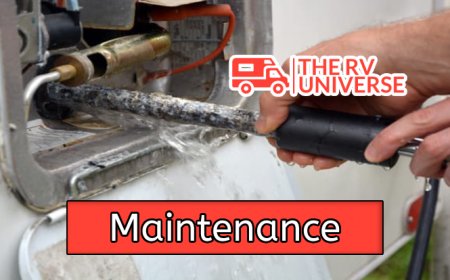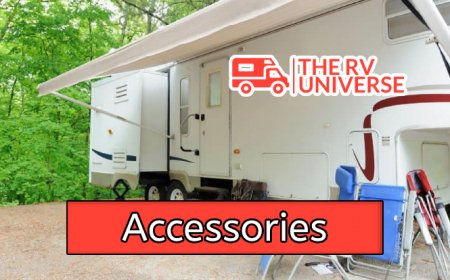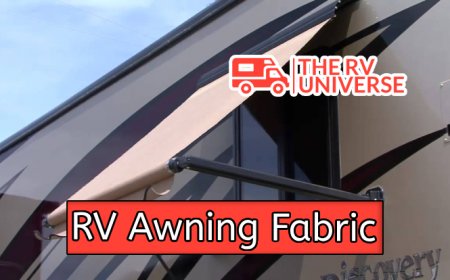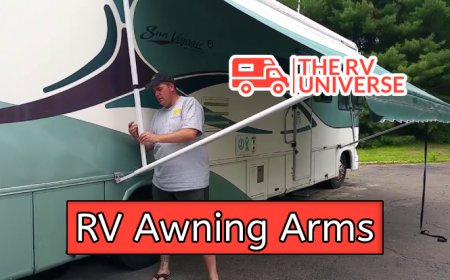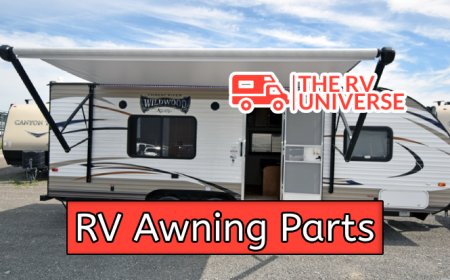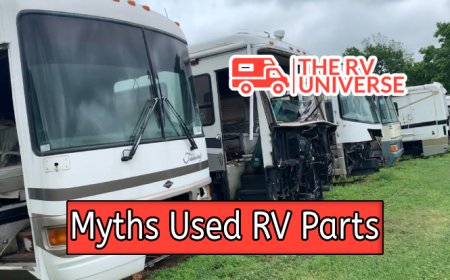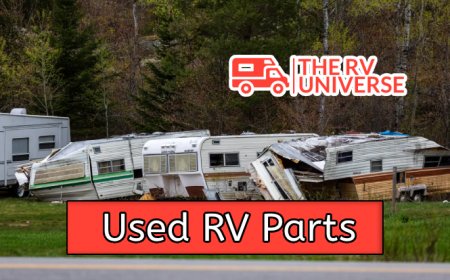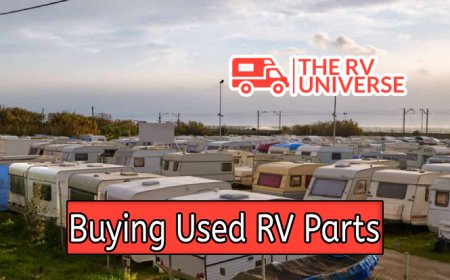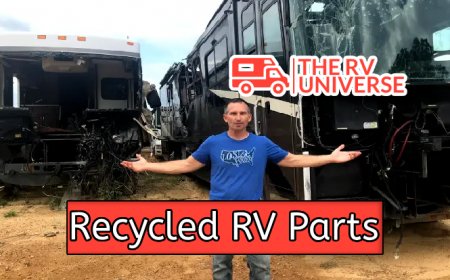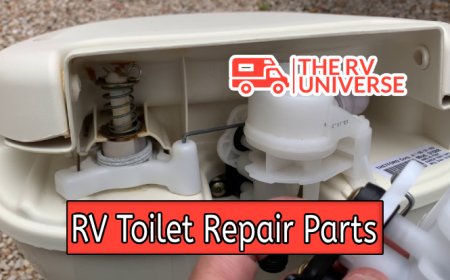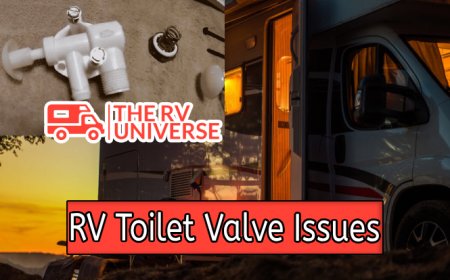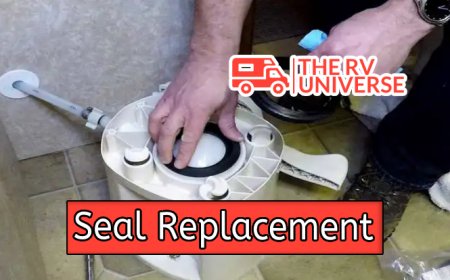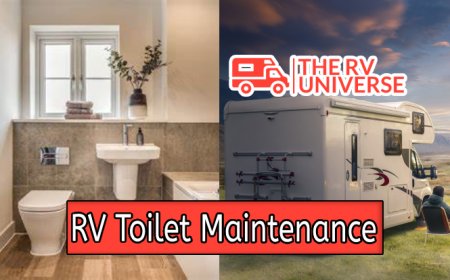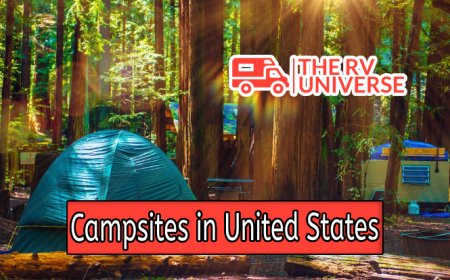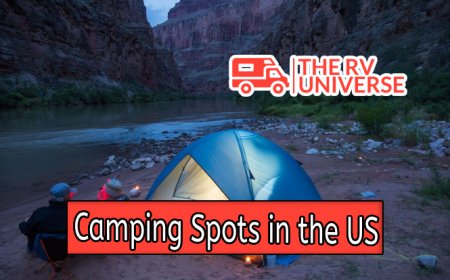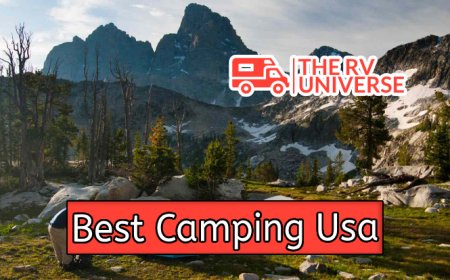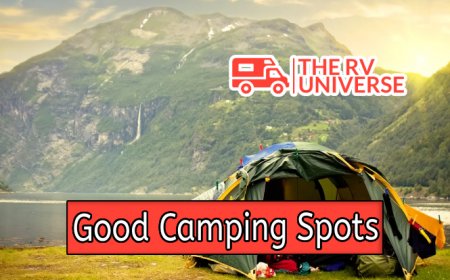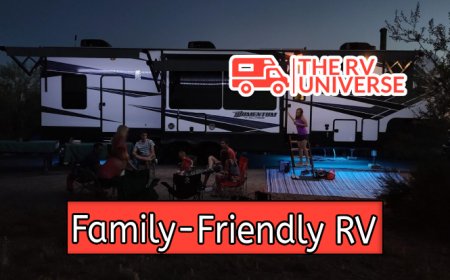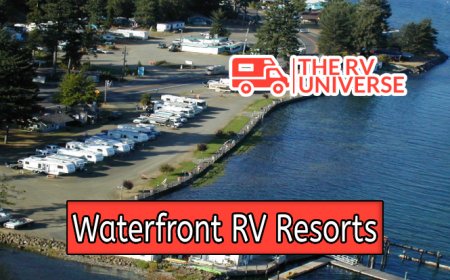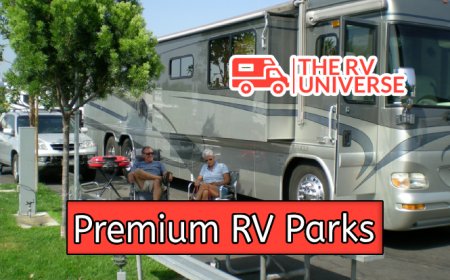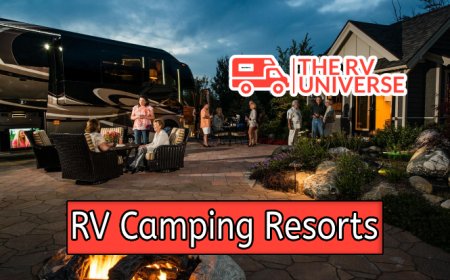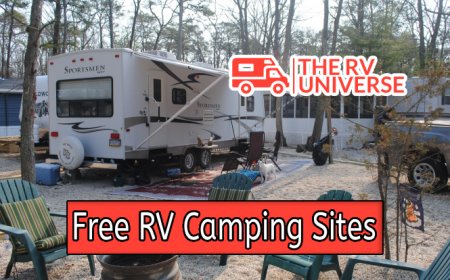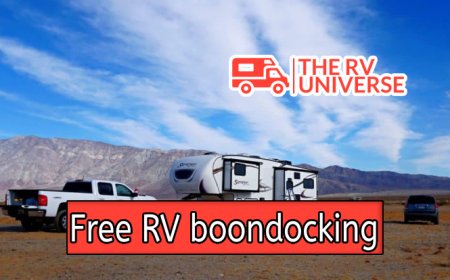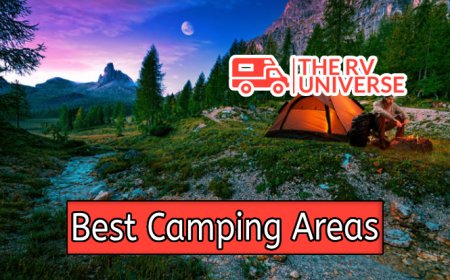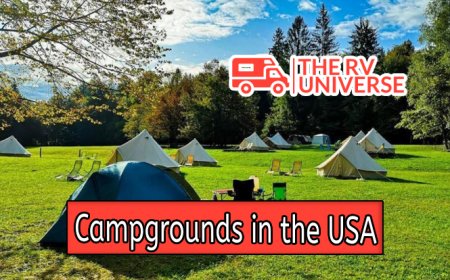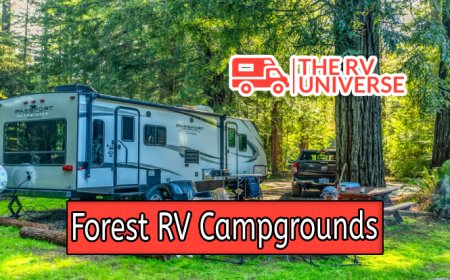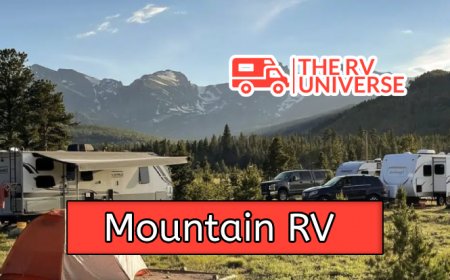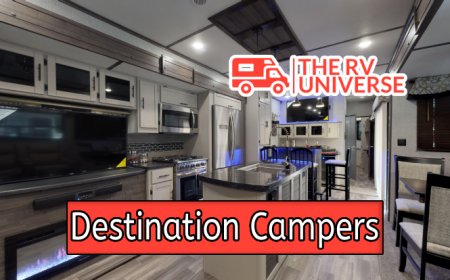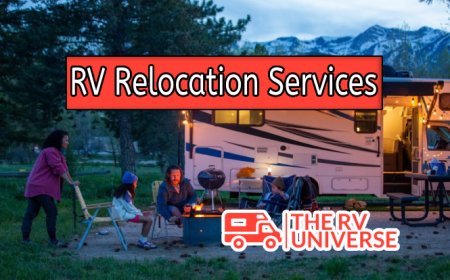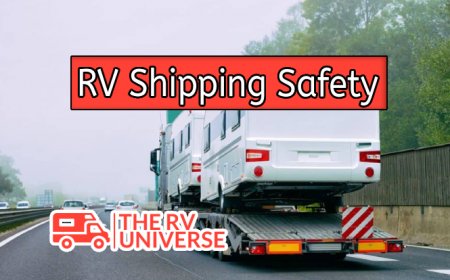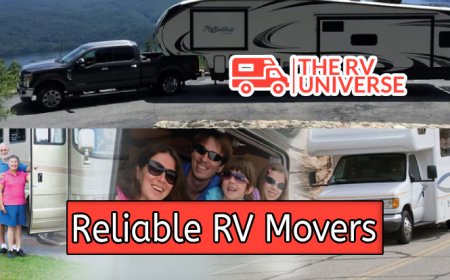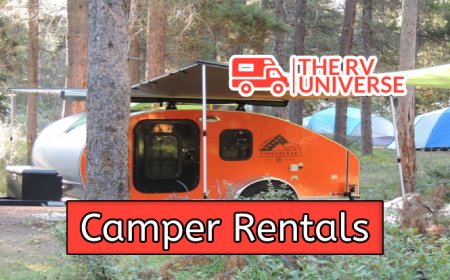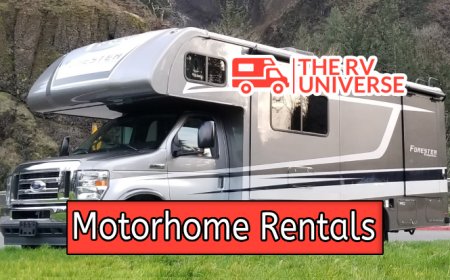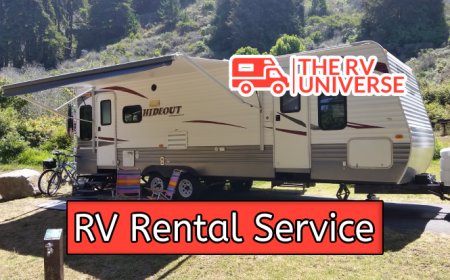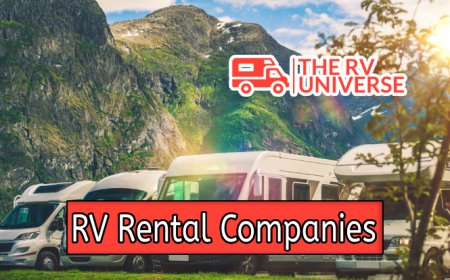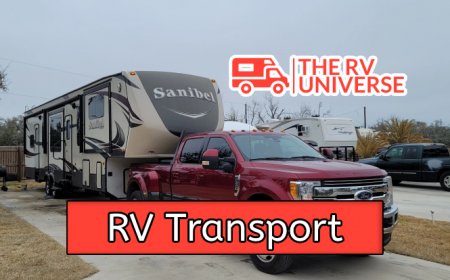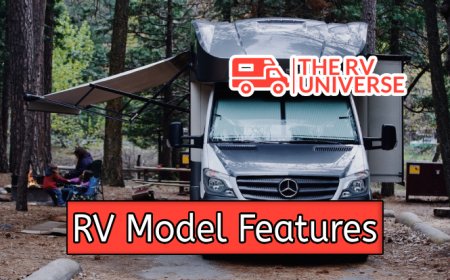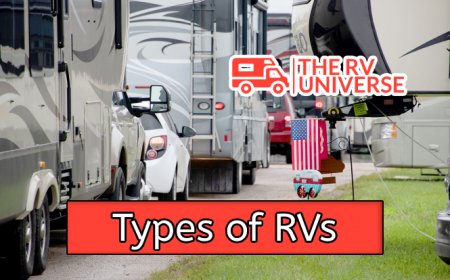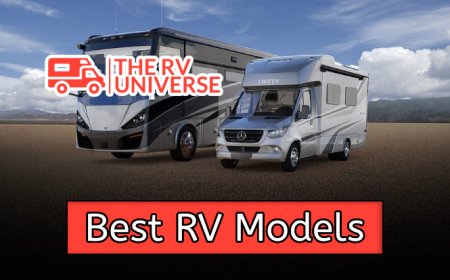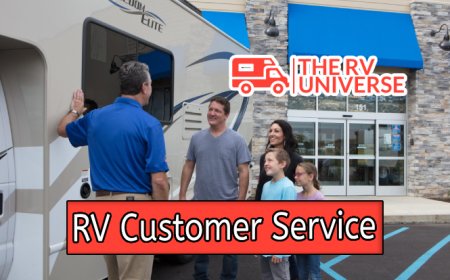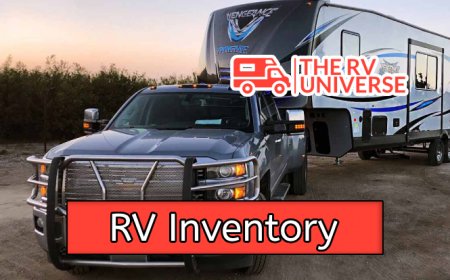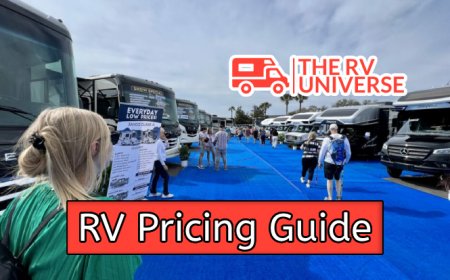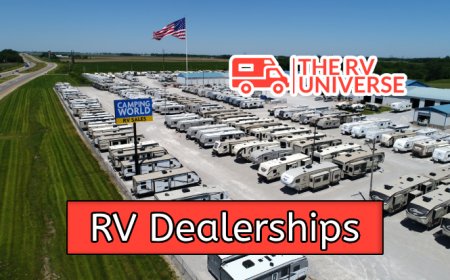Building a Profitable RV Business: Guidelines and Tactics
Valuable guidelines that will help you navigate the path to creating a profitable RV business.
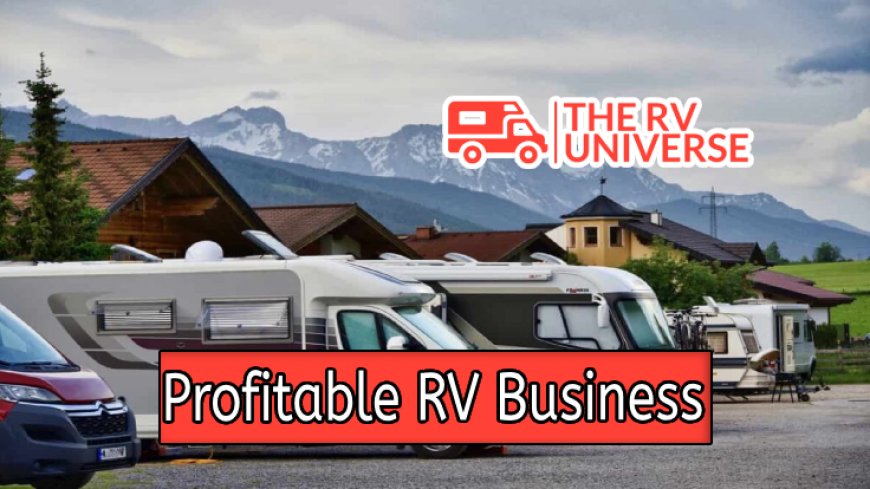
Kicking off a profitable RV business can set you on the road to financial freedom and personal satisfaction. However, just like any other business venture, setting up an RV business requires careful planning, strategy, and execution. This article presents valuable guidelines that will help you navigate the path to creating a profitable RV business and sustain it in the long run.
Plotting the Roadmap to a Profitable RV Business
Before we delve into the guidelines and tactics, it's essential to understand that success in this industry doesn't come overnight. Patience, consistency and resiliency in face of challenges are key components to your venture's success.
Table of Contents
- Understanding the RV Market
- Developing Your RV Business Plan
- Securing the Right Resources
- Marketing Your RV Business
- Delivering Excellent Customer Service
- Keeping Up With Industry Trends
Understanding the RV Market
Before you can get your RV business off the ground, having a solid understanding of the RV market is crucial. You need to possess deep knowledge about various aspects such as the demographics, preferences and buying behaviour of potential customers. Also, keeping an eye on your competition is significant to strategically position yourself in the market.
- Demographics: The RV consumer base is diverse. It ranges from millennials seeking adventurous and affordable travel options, to retirees who wish to travel in comfort and style. Identifying your ideal customer demographic can help tailor your offerings effectively.
- Customer Preferences: RV buyers have distinct preferences. While some look for luxury features, others might prefer more budget-friendly models. It's key to discern these preferences to offer various RV options to suit all needs.
- Competition Analysis: Look at successful competitors to see what they're doing right. Understanding their strengths can help you determine where your opportunities lie.
Developing Your RV Business Plan

A comprehensive business plan is an essential tool that allows you to foresee potential challenges and devise appropriate strategies to tackle them. Your business plan should outline your business objectives, your marketing and sales strategy, your financial forecasts and budgets. You might want to consider consulting with a business advisor to help craft a robust plan.
- Business Objectives: Always make your business objectives SMART - Specific, Measurable, Achievable, Relevant, and Time-bound.
- Marketing and Sales Strategy: A well-crafted sales and marketing strategy is critical for attracting customers and driving sales. Consider adopting digital marketing strategies in addition to traditional methods for broader reach.
- Financials: A clear financial Action plan is the backbone of any profitable business. It's essential to meticulously project your income, expenses and cash flow.
Securing the Right Resources
Setting up an RV business requires multiple resources that include money, physical inventory, man power, a suitable location among others. It's crucial to assess your current resources and find ways to procure what is lacking. Remember, while starting you might have to navigate financial constraints. That makes it imperative to secure resources wisely.
Securing Financing
Start-up finances are arguably the most challenging aspect for many. Look into options such as small business loans, grants, potential investors or even crowdfunding. Be prepared with a clear financial projection to convince lenders or investors about the profit potential of your RV business.
Overall, the path to establishing a profitable RV business is a journey filled with challenges and rewards. With a good understanding of the market, a robust business plan, and the right resources, you're equipped to start this compelling endeavor.
Marketing Your RV Business

After setting the foundation for your business, the next crucial step is to make potential customers aware of your RV offerings. Marketing is the key tool that can propel your RV business from obscurity to public recognition.
Engage in Digital Marketing
In this digital age, your RV business needs to have a strong online presence. A well-designed website, active engagement on social media platforms, and effective email marketing campaigns are all integral to modern marketing. Also, never underestimate the value of online reviews. Encourage your satisfied customers to leave reviews to boost your business's credibility.
Traditional Marketing Still Works
Even in the digital era, traditional forms of marketing such as print advertisements, outdoor billboards, TV and radio commercials, and direct mail still have their place. A mix of traditional and digital marketing strategies can help you reach a wider audience.
Delivering Excellent Customer Service

Customer service could be the defining factor that sets your RV business apart from the competition. Offering an unforgettable shopping experience, alongside quality products, can turn first-time buyers into loyal customers.
Post-Sale Support: Remember, your relationship with customers shouldn’t end once a sale is made. Providing excellent post-sale support ensures customer satisfaction and promotes customer loyalty. This could be seen in forms of extended warranties, servicing, or even a friendly check-in call.
Keeping Up With Industry Trends
In any business, staying up-to-date with industry trends is vital to stay relevant and ahead of the competition. In the RV business, this could mean staying informed about new RV models, evolving customer preferences, changes in environmental regulations, and upcoming travel trends.
- RV Models: Different RV manufacturers introduce new models and features each year. Familiarize yourself with these updates to offer your customers the latest options on the market.
- Customer Preferences: Trends in customer preferences continually change. Keep a pulse on these trends to cater effectively to your customers' desires.
- Regulations: Changes in environmental and safety regulations are crucial to track. It's essential for legal compliance and offering customers the safest and most eco-friendly RV options.
- Travel Trends: As travel preferences evolve, so should your business offerings. For instance, the recent surge in the popularity of staycations and road trips has boosted the RV industry. Identifying and quickly adapting to these trends puts you at an advantageous position in the market.
Building a profitable RV business is feasible with the right approach, dedication, and persistence. The road may be tough, but the destination - a successful and profitable RV business - is certainly worth the journey. Good luck and happy RV-ing!
Keeping Up With Industry Trends

In any business, staying up-to-date with industry trends is vital to stay relevant and ahead of the competition. In the RV business, this could mean staying informed about new RV models, evolving customer preferences, changes in environmental regulations, and upcoming travel trends.
- RV Models: Different RV manufacturers introduce new models and features each year. Familiarize yourself with these updates to offer your customers the latest options on the market.
- Customer Preferences: Trends in customer preferences continually change. Keep a pulse on these trends to cater effectively to your customers' desires.
- Regulations: Changes in environmental and safety regulations are crucial to track. It's essential for legal compliance and offering customers the safest and most eco-friendly RV options.
- Travel Trends: As travel preferences evolve, so should your business offerings. For instance, the recent surge in the popularity of staycations and road trips has boosted the RV industry. Identifying and quickly adapting to these trends puts you at an advantageous position in the market.
Building a profitable RV business is feasible with the right approach, dedication, and persistence. The road may be tough, but the destination - a successful and profitable RV business - is certainly worth the journey.
What's Your Reaction?







